Two University of Waikato scientists recognised with fellowships
Mana Tūānuku Research Leadership Fellowships were awarded by the Royal Society Te Apārangi.
Discover impactful research at New Zealand's top-ranked research university. The University of Waikato is driving innovation for societal progress and global sustainability, linking knowledge with industry for a better world.

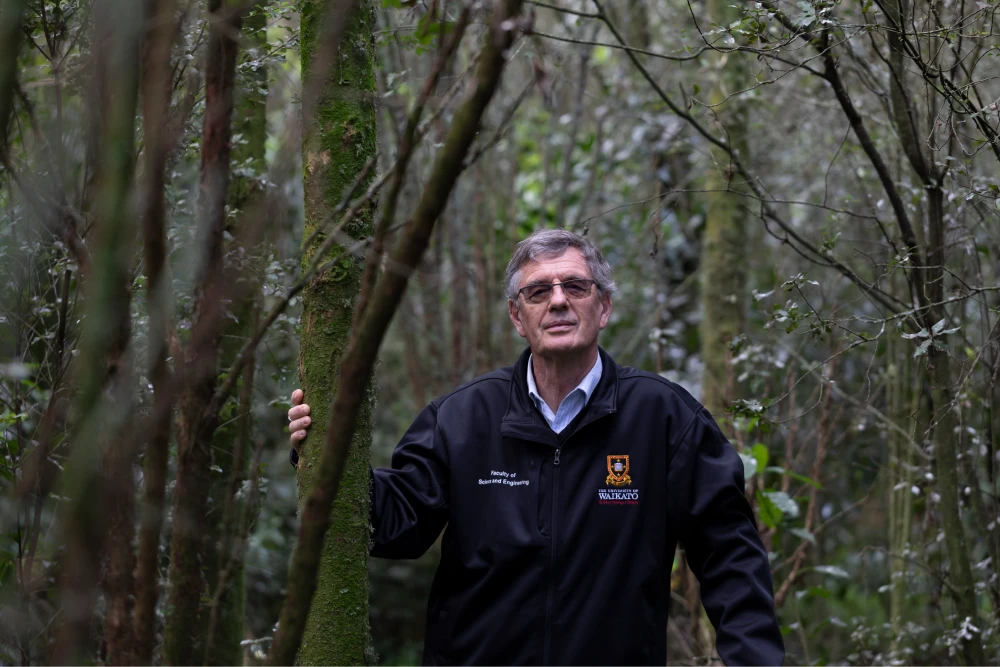
Committed to sustainable innovation, our research at the University of Waikato fuels business, environmental, and global societal support. Learn more about our Research impact.
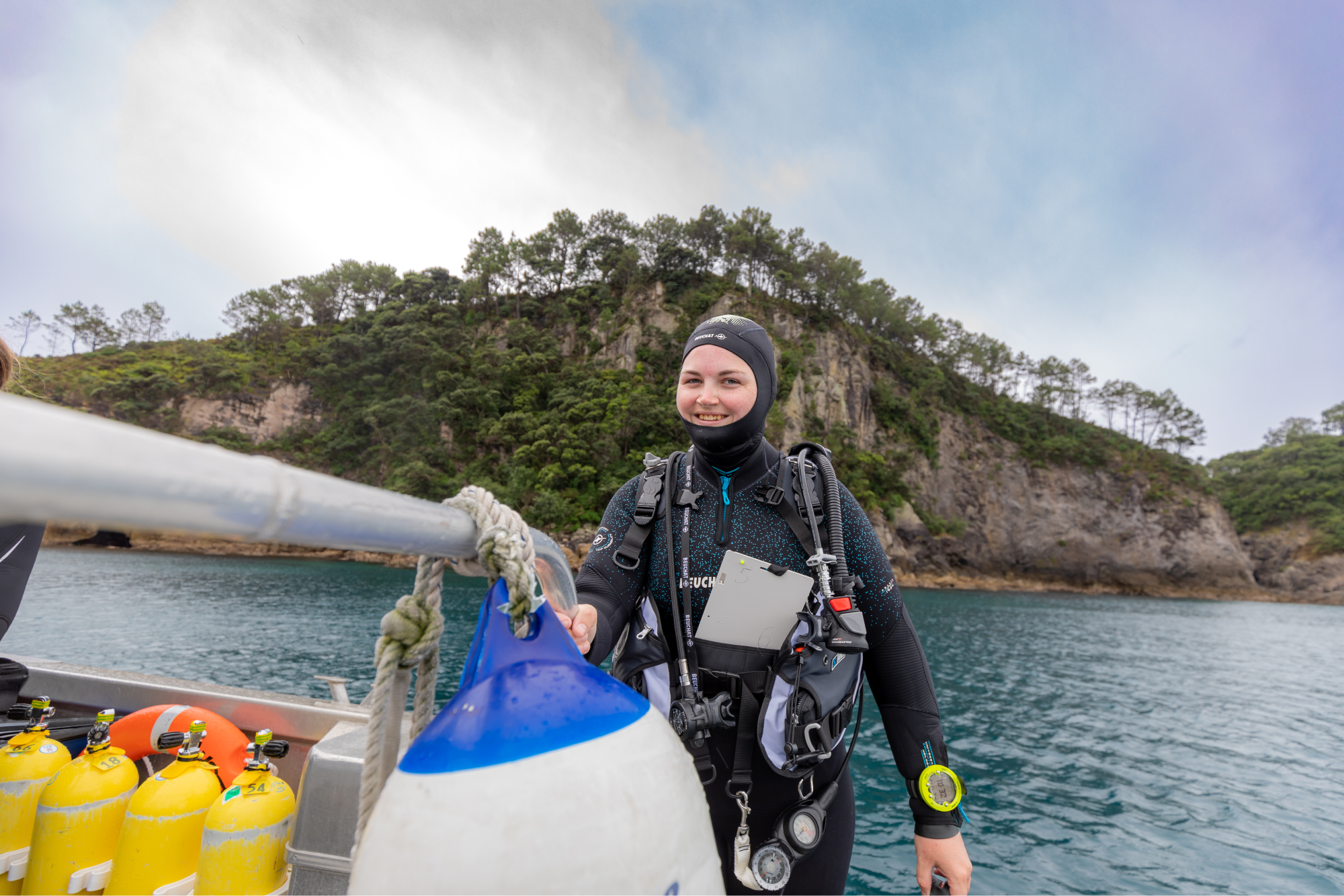
Learn about the Research & Enterprise Office, which supports the University of Waikato's research activities and the process of creating value from research discoveries and innovation.

Discover research projects, publications and tools from software to machine learning.

Join us in tackling some of the most exciting and challenging science problems facing Aotearoa and the world.
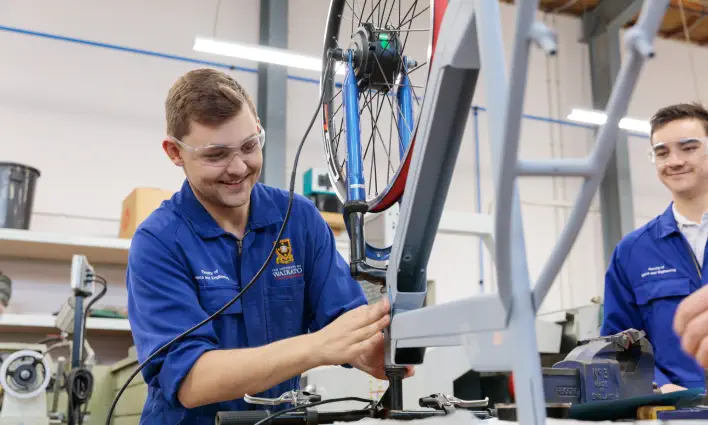
Dive into the groups doing engineering research.
Watch our captivating TEDx talks from the University's 60th anniversary celebrations—now on YouTube.
Discover these transformative talks—watch Dr Marie Magnusson describe how seaweed has the potential to revolutionise global food production.
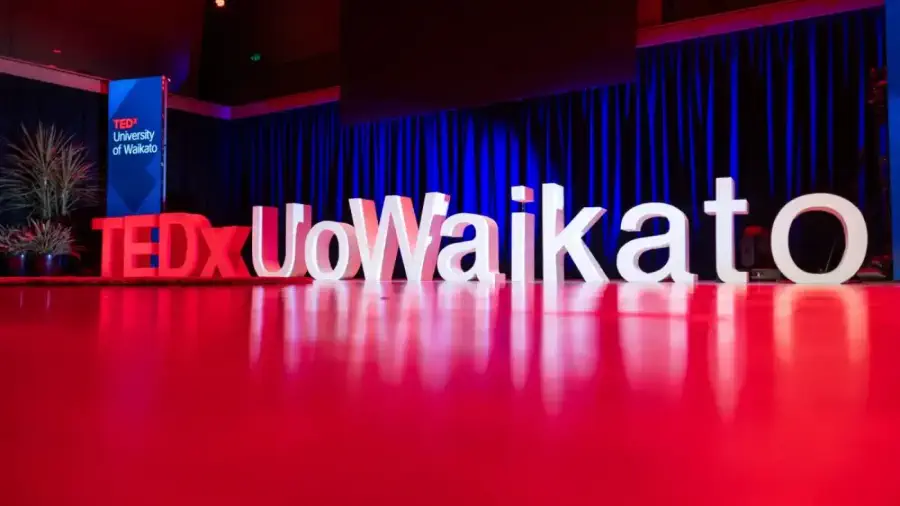
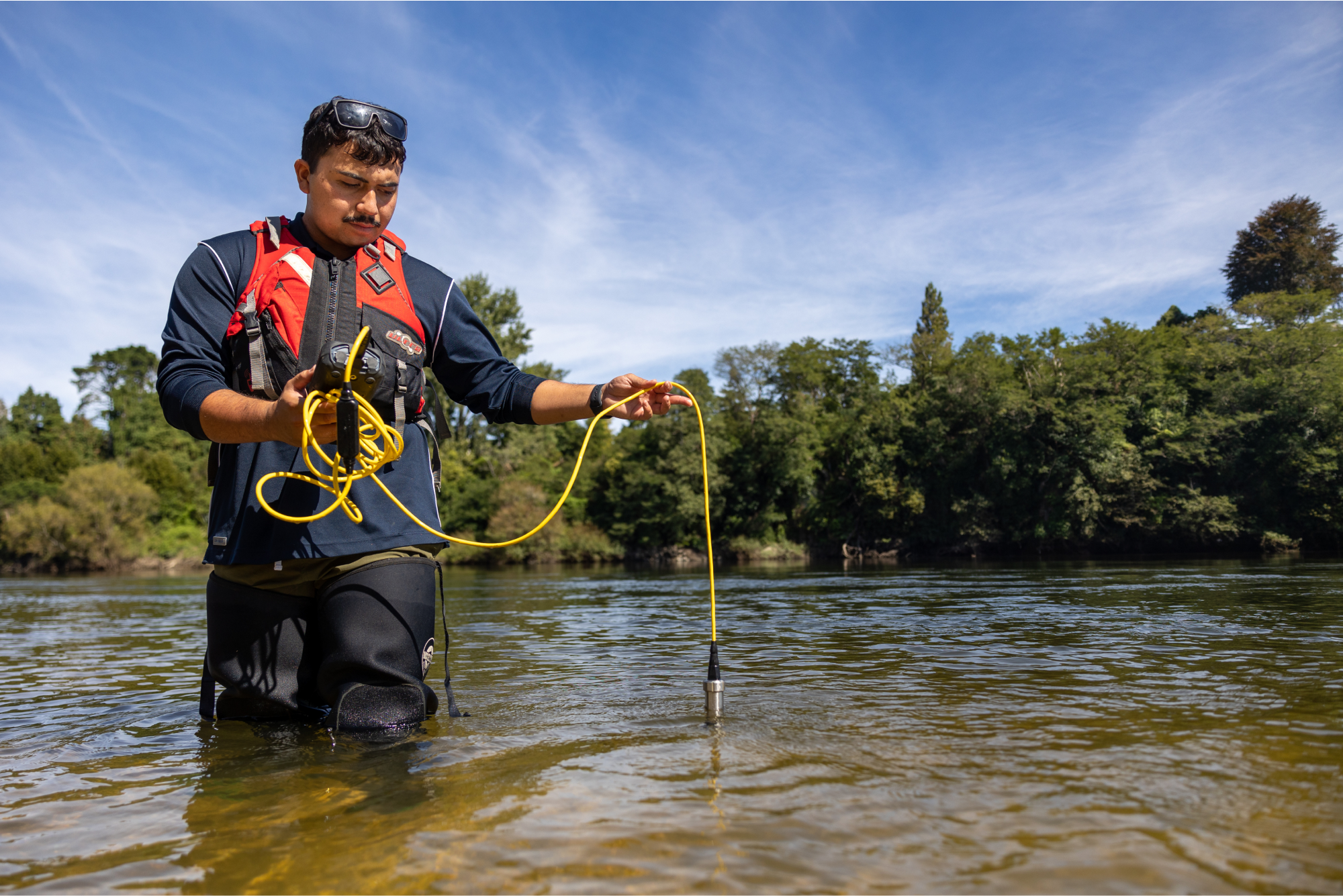
Discover some of the research projects happening at the University of Waikato.
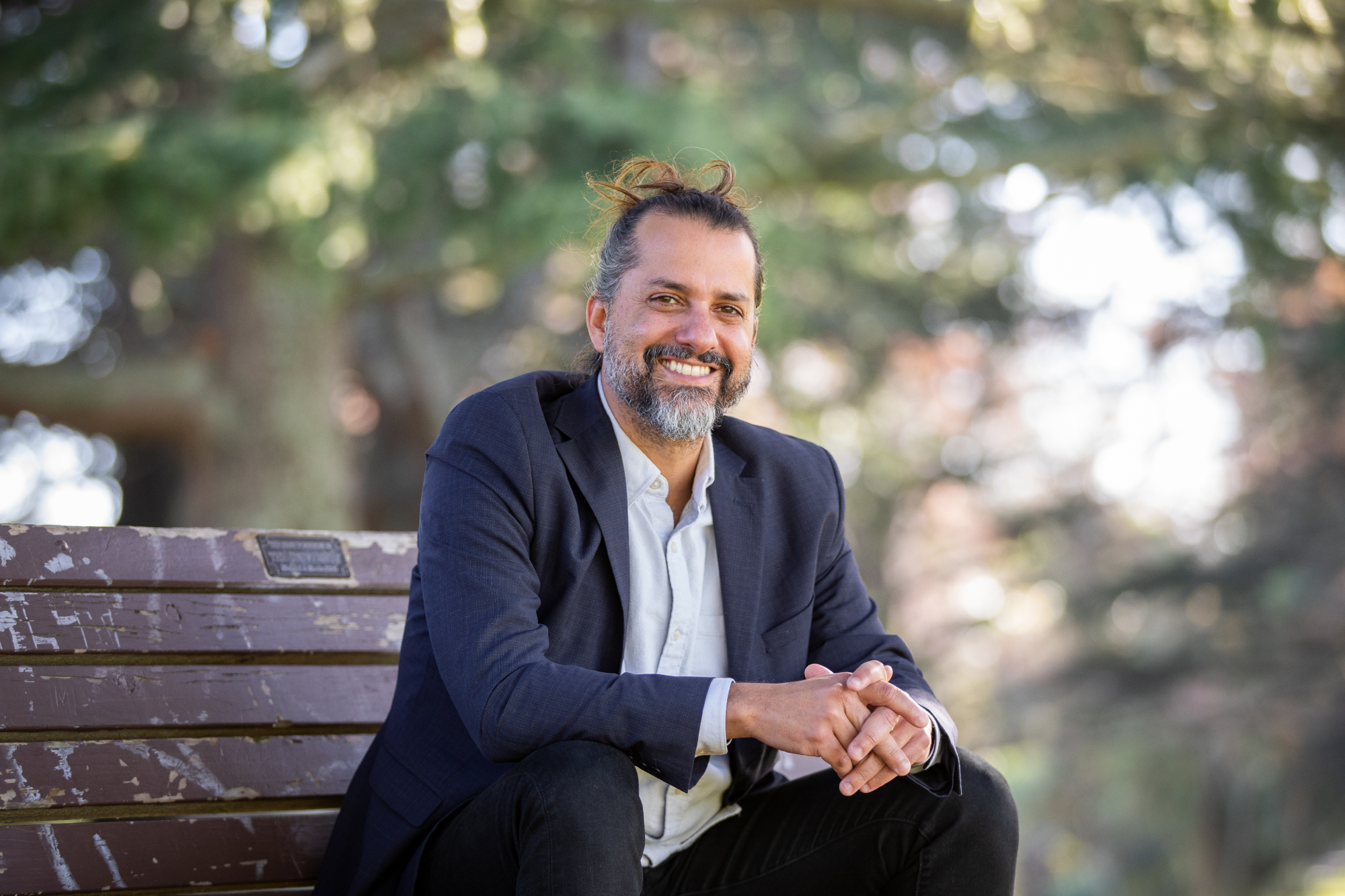
Find a Research expert at the University of Waikato. The University of Waikato has a large range of Research experts across a wide variety of fields.

Browse through the many research services and facilities at the University of Waikato.
Learn more about the research happening within the Research Institutes at the University of Waikato.
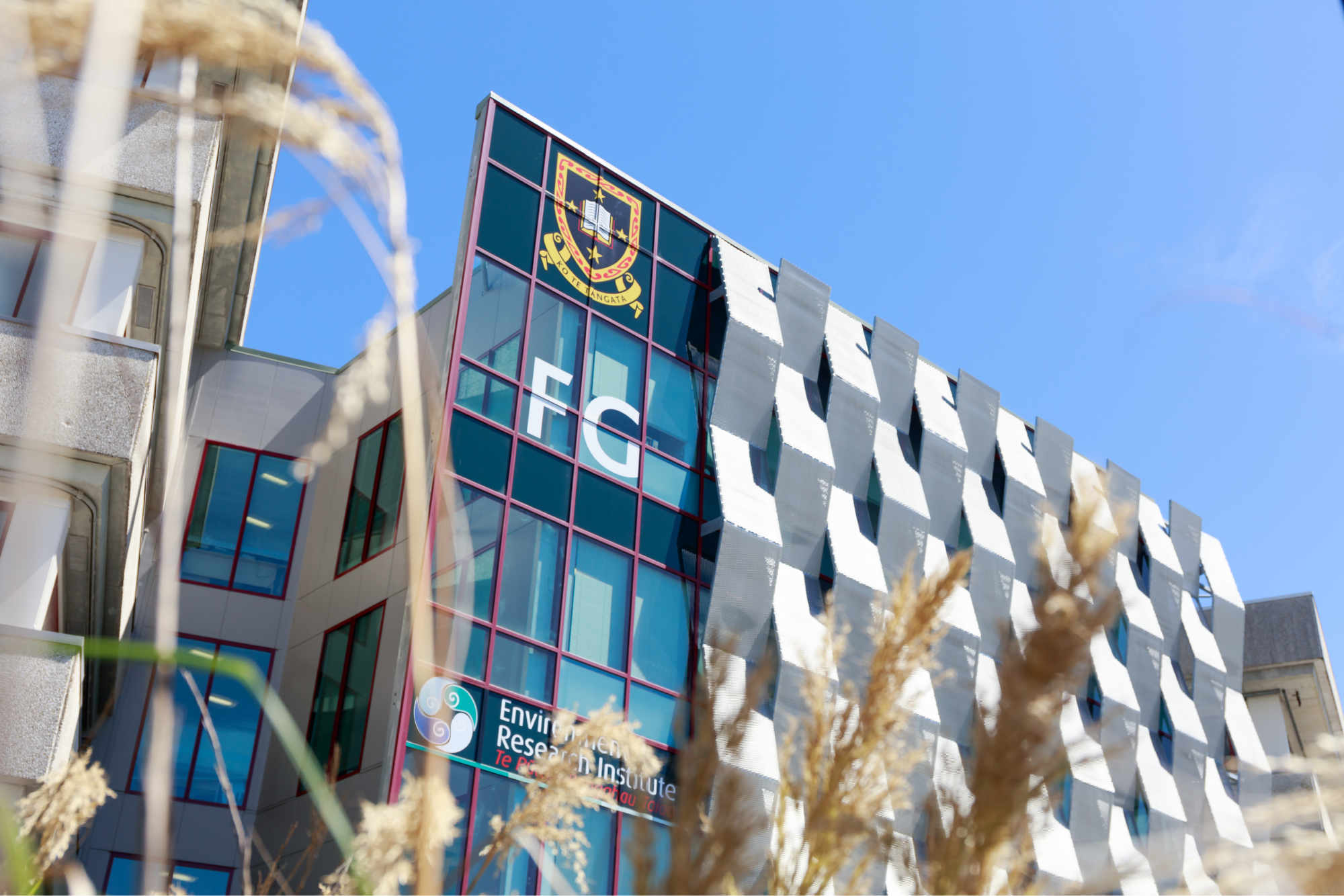
Explore innovative research Groups and Centres. From AI to environmental studies, discover diverse initiatives shaping the future. Join us in pushing boundaries and making a difference!
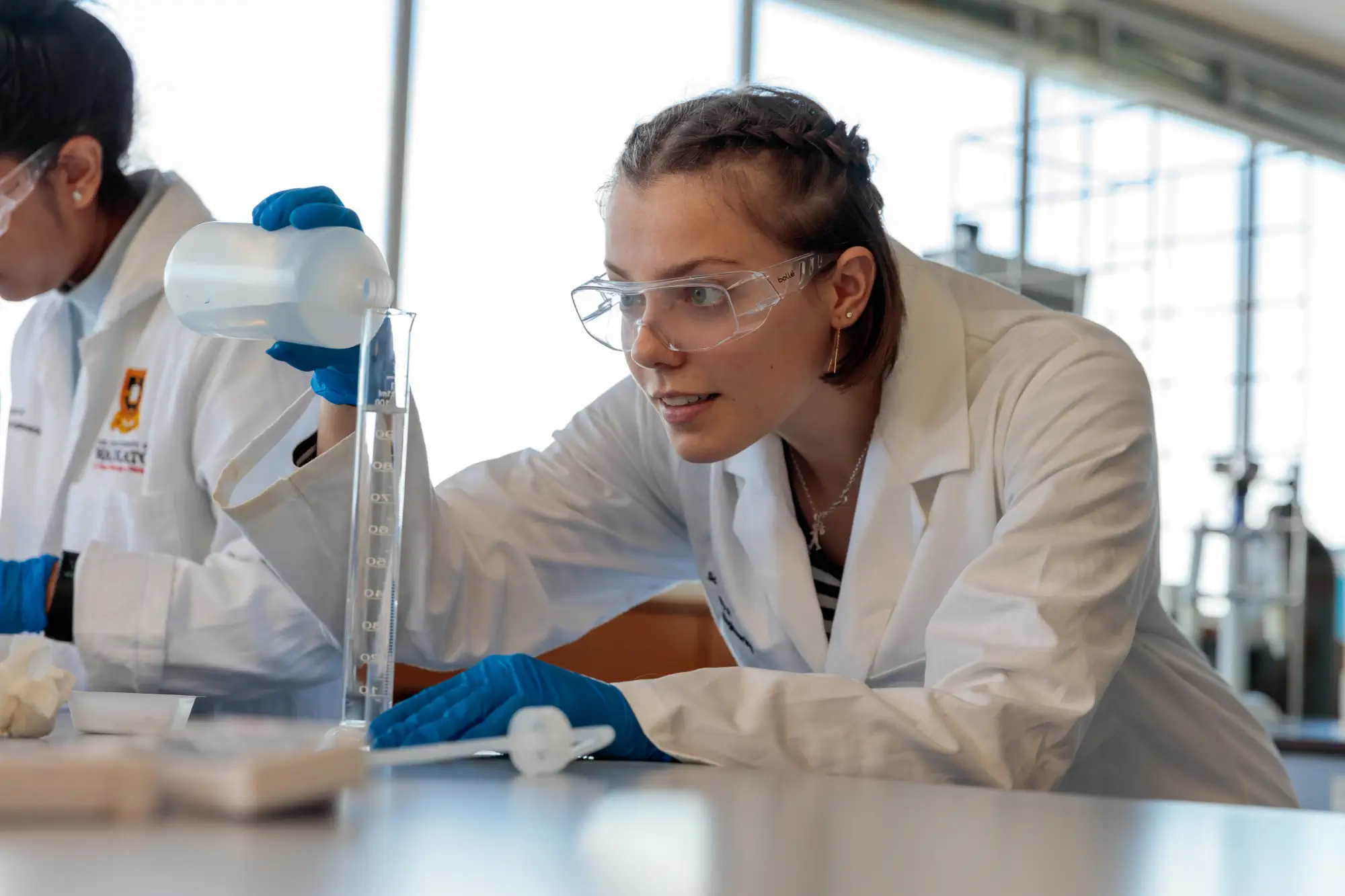
Learn about the concept of open research and discover how you can apply reach, reproducibility, and rigour to your work.
You’re currently viewing the website as a domestic student, you might want to change to international.
You're a domestic student if you are:
You're an International student if you are: